Understanding the lifecycle of a racehorse can provide valuable insights into the care and management required at each stage. Here’s an overview of the key phases:
The journey begins with the birth of a foal. The first few months are crucial for bonding with the mare and receiving essential nutrition. At Tinnakill House, we foal all our mares at the Irish National Stud. Proper care and management during this period lay the foundation for future success.
At around six months old, foals are typically weaned from their mothers and begin basic training. This stage focuses on developing physical strength, socialisation, and introducing the young horse to handling and simple commands.
Around 18 months to two years old, horses undergo breaking and more intensive training. We focus on sending our horses to the best possible pre-trainers for this – good people mean good horses. This involves getting accustomed to carrying a rider, learning basic riding commands, and gradually building up to more advanced training.
A racehorse’s career typically begins at two to three years old, depending on the breed and discipline. National Hunt horses typically are not broken in until three years old. This stage involves regular training, racing, and careful management to ensure peak performance and minimise injuries.
Once a horse’s racing career is over, it transitions to retirement. This could involve breeding, becoming a riding horse, or simply enjoying a relaxed life on pasture. Ensuring a smooth transition and providing ongoing care is essential for the horse’s well-being. We work with aftercare charities to provide the best possible second career for our horses.
Nutrition: Throughout the horse’s life, proper nutrition is crucial. Tailor the diet to the horse’s age, activity level, and health needs to ensure optimal growth and performance.
Understanding the lifecycle of a racehorse and providing tailored care at each stage is essential for their development, performance, and well-being. By focusing on nutrition, veterinary care, training, socialisation, and retirement planning, you can help your horse thrive throughout its life.
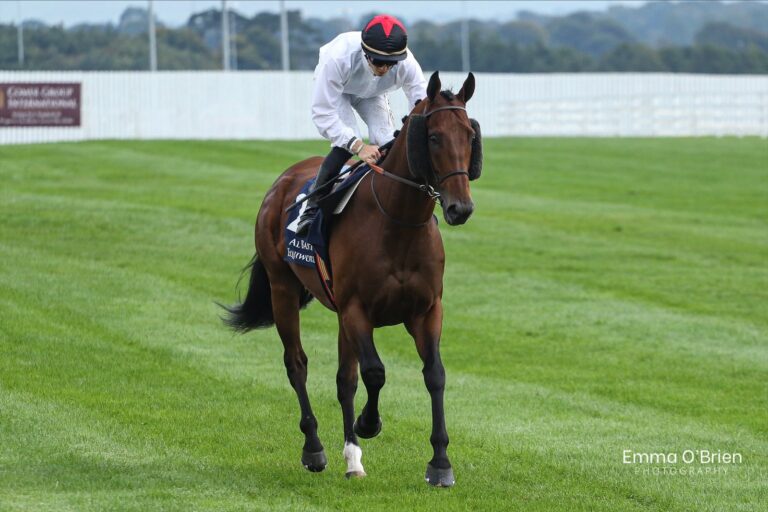
Evaluating a racehorse’s conformation is a critical skill that can significantly impact your success in the racing industry. At Syndicates.Racing, we prioritize this aspect to
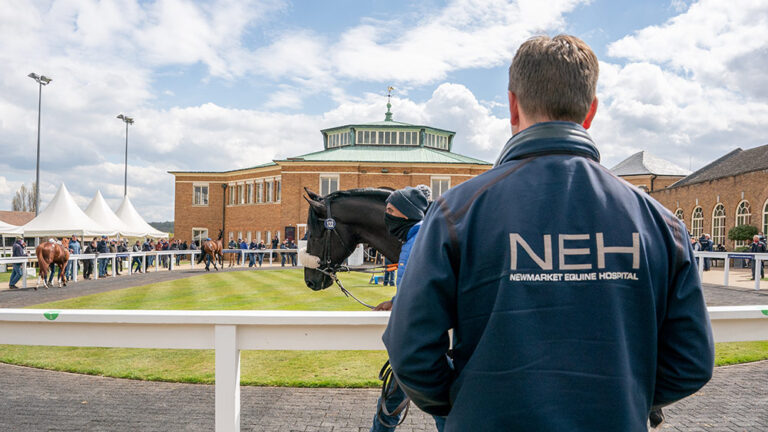
At Syndicates.Racing, we understand that the key to a successful racehorse investment starts with a thorough pre-purchase veterinary exam. This crucial step helps us ensure
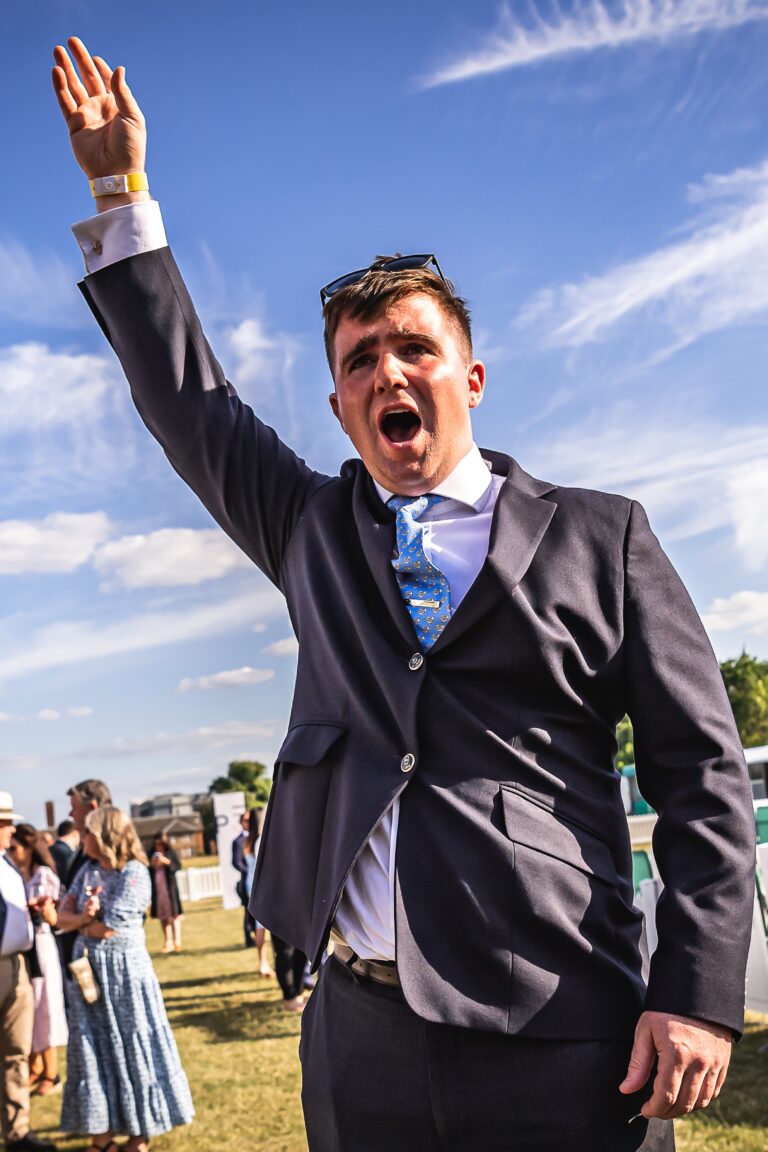
At Syndicates.Racing, understanding the pedigree of a racehorse is essential to making informed investment decisions. A pedigree page provides valuable insights into a horse’s lineage,
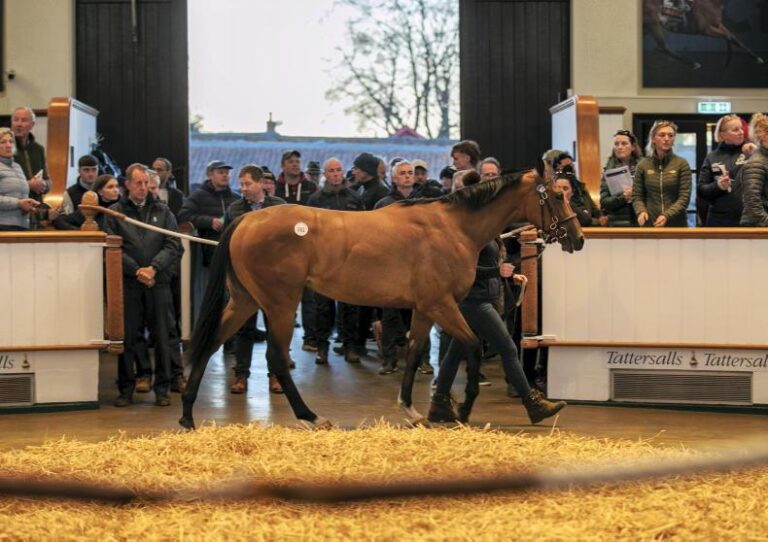
At Syndicates.Racing, we watch the world of horse racing continuously evolving with new technologies and methodologies to enhance the selection and training of racehorses. One
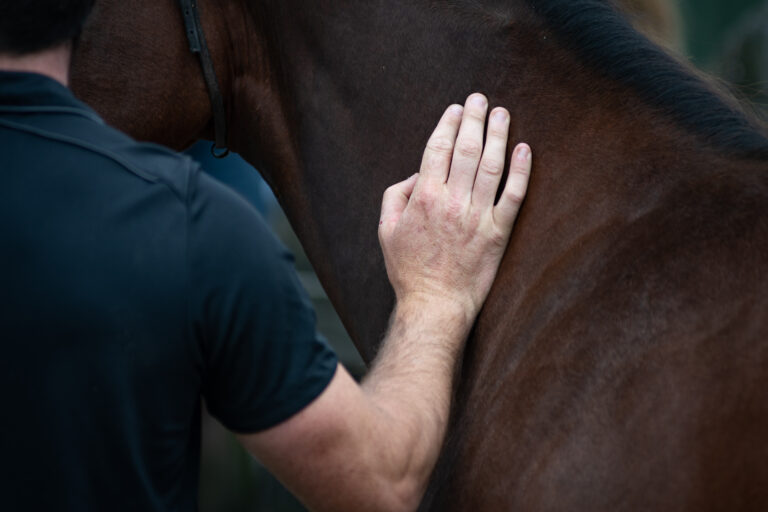
Ensuring the welfare of your racehorse is paramount to their health and performance at Syndicates.Racing. Here are some best practices to follow that you can